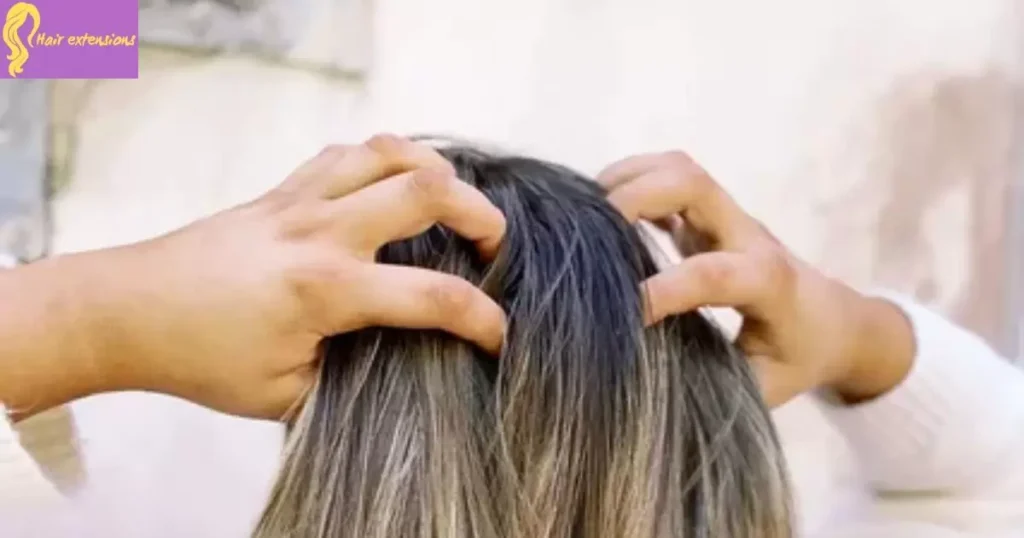If you’ve recently gotten hair extensions and find your scalp becoming irritatingly itchy, you’re not alone. This uncomfortable problem is quite common. There are a few key reasons hair extensions can trigger itchiness, including friction, improper installation leading to inflammation, and possibly an allergic reaction. Exploring the roots of the itch is key to finding relief.
Have your new hair extensions been making your head itch? You put them in to look cool, but now they just bug you. Why are they so itchy? The clips and bands can rub on your scalp and irritation sets in. Or maybe you’re allergic! Understanding Why Are My Hair Extensions Itchy? will help you fix them so you can go back to looking awesome.
New hair extensions causing an itchy scalp? Likely culprits include allergic reactions to materials, inflammation from improper installation, friction from tapes and clips, sensitivity to chemical products used, and even hygiene-related infections. Pinpointing the root cause of the itch is essential to finding the right solution and relief.
Reaction to materials used in extensions construction
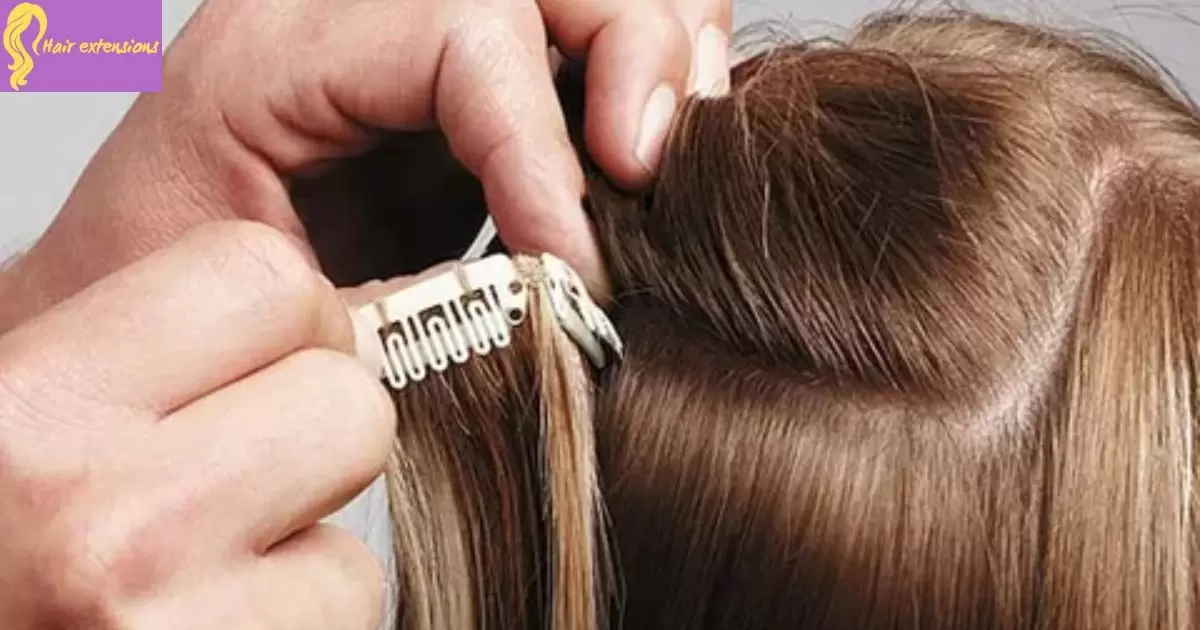
Hair extensions are made from various materials like human hair, synthetic fibers, and animal hair. An allergic reaction or sensitivity to these materials can cause itchiness. The chemicals used to process and manufacture extensions may also irritate the scalp.
If the adhesives, dyes, or other ingredients used in making extensions do not agree with your skin or scalp, it can lead to redness, inflammation, and itchy discomfort where they make contact. Some people discover they are allergic to certain extension materials only after wearing them.
Sensitivity caused by extra weight on scalp
Putting extra weight on your natural hair and scalp via hair extensions can cause tension, pulling, and irritation resulting in itchiness. The bonded tips, clips, strings, or caps used to attach many extensions apply pressure that can feel uncomfortable over time.
As the weight of the lengthy, added hair puts strain on your real strands closest to the scalp, it can cause inflammation and the urge to scratch. This tends to worsen the longer you wear extensions continuously without giving your head and hair a break.
Installation method could lead to discomfort over time
The process used to originally install hair extensions can sometimes lead to initial or eventual discomfort and itchiness. Pulling real hair too tight at the roots during application can cause immediate pain and long term issues.
Also, if adhesive bonds or braids are too heavy or pulling too much on your natural hair and scalp, the constant tension can result in irritation and the desire to scratch over days and weeks of wear. Extensions put in too tightly lead to discomfort.
Glue and other adhesives irritating skin and follicles
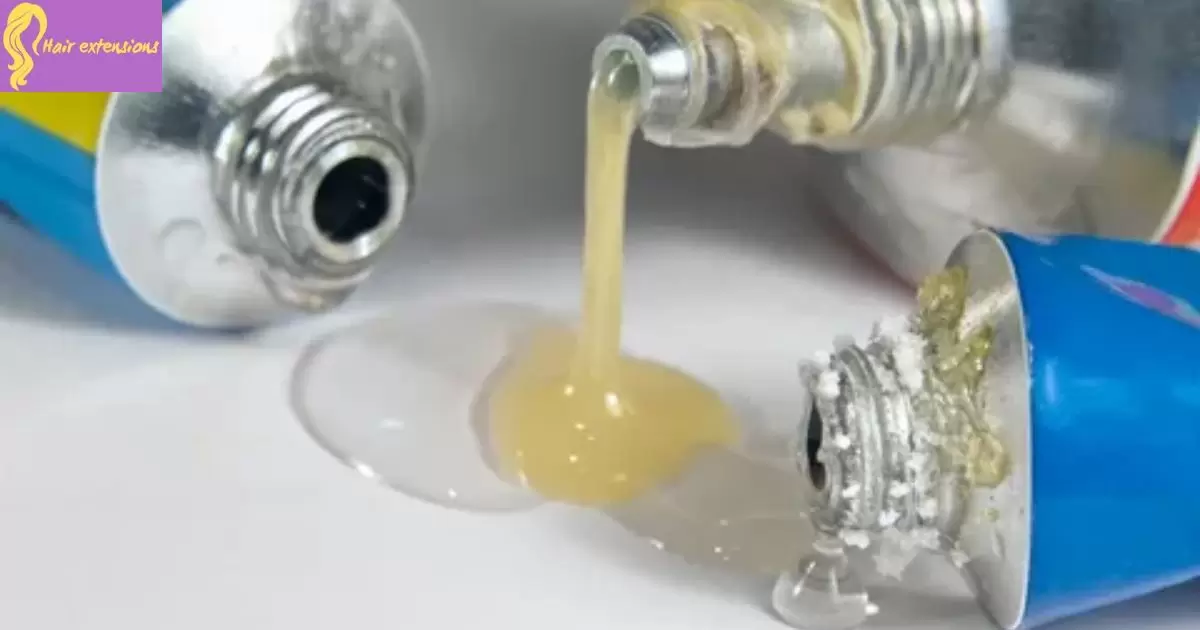
The powerful glues and adhesive bonds used to attach many hair extensions can cause skin irritation, inflammation, and resultant itchiness on the scalp. Ingredients in the bond materials often lead to allergic reactions and redness.
Chemical fumes and drying effects of extensions glues can also aggravate the scalp. The skin around hair follicles gets especially irritated by these artificial bonding substances applied directly to the sensitive area of skin where real hair emerges.
Improper maintenance causing buildup and irritation
| Cause | Effect | Solution |
| Not washing extensions often enough | Oil, dirt, and product residue accumulate | Wash every 2-3 days |
| Using heavy conditioners or oils | Products leave thick buildup on scalp | Use lightweight products |
| Skipping thorough rinses | Shampoo and conditioner remnants stay on scalp | Rinse hair extensions very well |
| Letting extensions get too dirty | Bacteria and germs grow, cause inflammation | Don’t go too long between washes |
| Not drying hair fully | Water pools under bonds and tapes | Blot damp extensions gently |
| Sleeping with loose, messy extensions | Twisting and tangling leads to knots | Braid or tie up hair before bed |
| Not brushing or combing adequately | Causes matted dreads around bonds | Gently brush extensions morning and night |
Over time, a buildup of dirt, oil, and product in hair extensions can lead to inflammation and itchiness if not properly maintained. Residues get trapped under and around extensions bonds, tapes, and clips if not washed out thoroughly.
Letting extension hair go too long without cleansing leads to bacterial accumulation that can notably worsen with wear. The irritation sediments under extensions can cause on the scalp lends itself to scratching.
Allergic reaction to certain ingredients in extensions
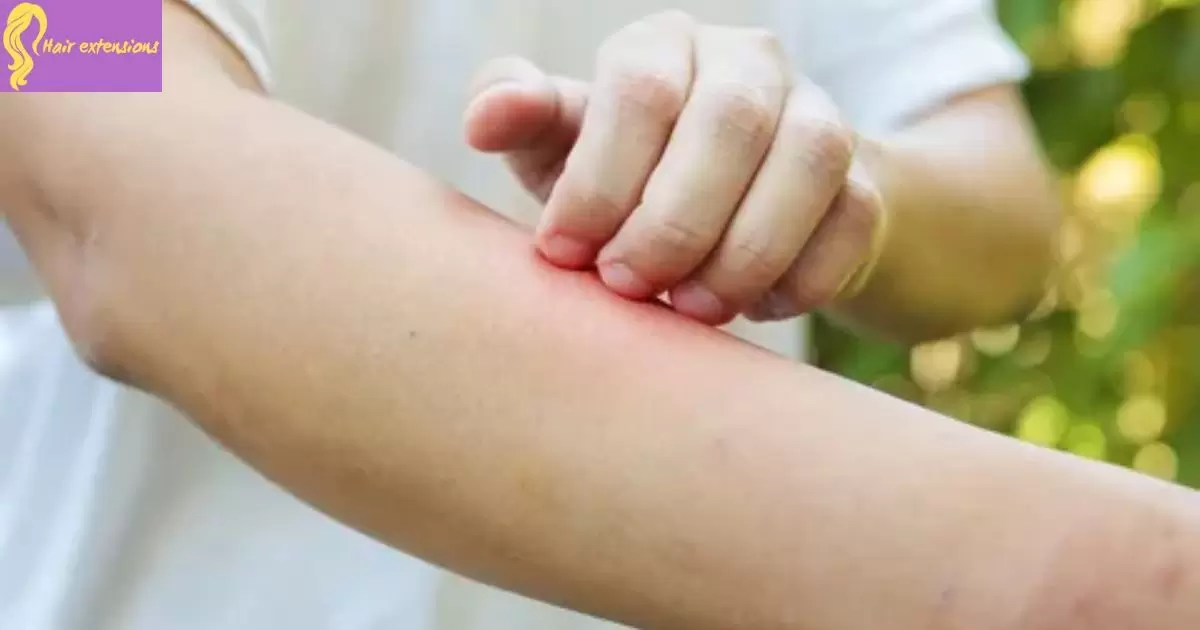
Some of the chemical ingredients used in the manufacture and processing of specific brands of hair extensions can cause allergic reactions in sensitive individuals. Resultant redness, swelling, inflammation and itching discomfort where extensions make contact.
In rare cases, people discover severe scalp sensitivity to the compounds in extension fibers, bonds or solutions only after installation and wear. Symptoms may subside upon removal if a true allergy to extensions components exists.
Pre-existing scalp conditions made worse by extensions
Those with underlying scalp conditions like seborrheic dermatitis, psoriasis, eczema, or general sensitivity may experience worsened discomfort, flaking, inflammation and itchiness if they get hair extensions. The added weight and strain can aggravate.
The bonding points and tension of extensions can make existing troubles like dandruff infinitely more frustrating. Added hair leads to more irritation for those predisposed to skin issues – dryness, redness, inflammation and the urge to scratch.
Hair quality differences causing friction and itching
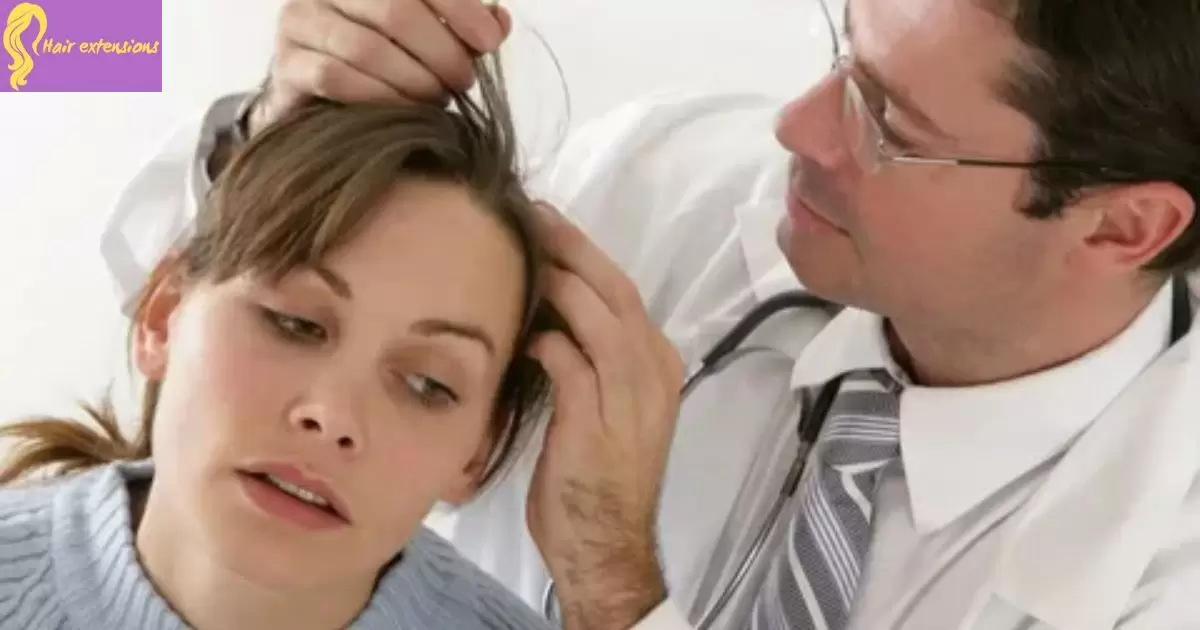
Variances in texture, thickness, smoothness between natural hair and extension strands can make hair extensions more inclined to tangle, rub against each other, and cause friction leading to itchiness. Coarser, drier extension fibers irritate healthy hair.
Differing qualities also prevent extensions from blending seamlessly with real hair which can vastly increase friction, especially at bonds and tips. The constant grinding when hair types don’t match up leads to damage, splitting and itchy scalps.
Bacteria buildup under bonds and clips causing problems
With continuous wear over weeks and months, hair extensions allow dirt, sweat, skin cells and oils to easily buildup under removable bonds, tapes and clip attachment points. This debris provides the perfect breeding ground for harmful bacteria.
The resultant bacterial accumulation notably worsens irritation, inflammation and itch factor the longer the extensions remain installed. Overgrowth of detrimental microscopic organisms coupled with poor hygiene quickly damages even the healthiest looking Hair Extensions Itch.
Too tight installation putting pressure on scalp area
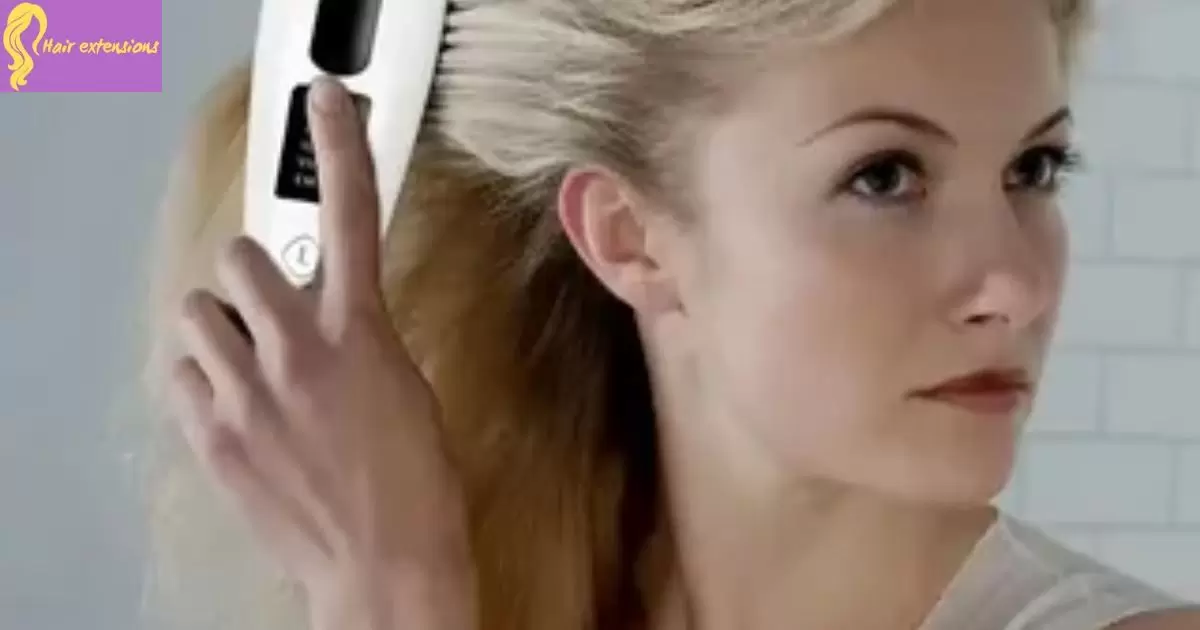
Extensions installed too tightly at the bonds by overzealous stylists can pull painfully at the hair roots and surrounding scalp skin, causing immediate discomfort. But a too-snug fit also presents problems over time.
Ongoing excessive tightness and pressure on the scalp from bonds or braids leads to inflammation, follicle damage, redness and severe itchiness that tends to progressively bother extension wearers, becoming unbearable.
FAQs
How do I stop my extensions from itching?
Carefully loosen or remove extensions, gently wash and condition your hair and scalp underneath to soothe itching and promote healing.
What shampoo is good for itchy hair extensions?
A hydrating sulfate-free shampoo designed for sensitive skin and that won’t strip your hair and scalp is ideal for cleansing extensions and easing itchiness.
How often should you wash hair extensions?
You should wash your hair extensions every 2-3 days to help remove dirt, oil, and product buildup that causes irritation.
How do I stop my hair from itching under my weave?
Loosen your weave around the hairline to relieve pressure, use a gentle anti-itch shampoo, massage your scalp with oil, and avoid over-washing which can dry out your hair and scalp under the weave.
Conclusion
Materials used, sensitivity to ingredients, installation tightness, glue irritation, or improper maintenance can all cause discomfort. Even healthy scalps can suffer irritation, inflammation and resultant scratching urges with prolonged extensions wear. Checking for allergic reactions and closely monitoring for changes upon installment can help identify Why Are My Hair Extensions Itchy.
Being gentle removing bonds, washing regularly to avoid residue buildup, and giving your scalp breaks between application sessions lessens the chance extensions cause problems. But some sensitivity when asking Why Are My Hair Extensions Itchy occurs for most people. Doing maintenance to soothe your real hair and paying attention to any associated pain helps counteract itchiness.

